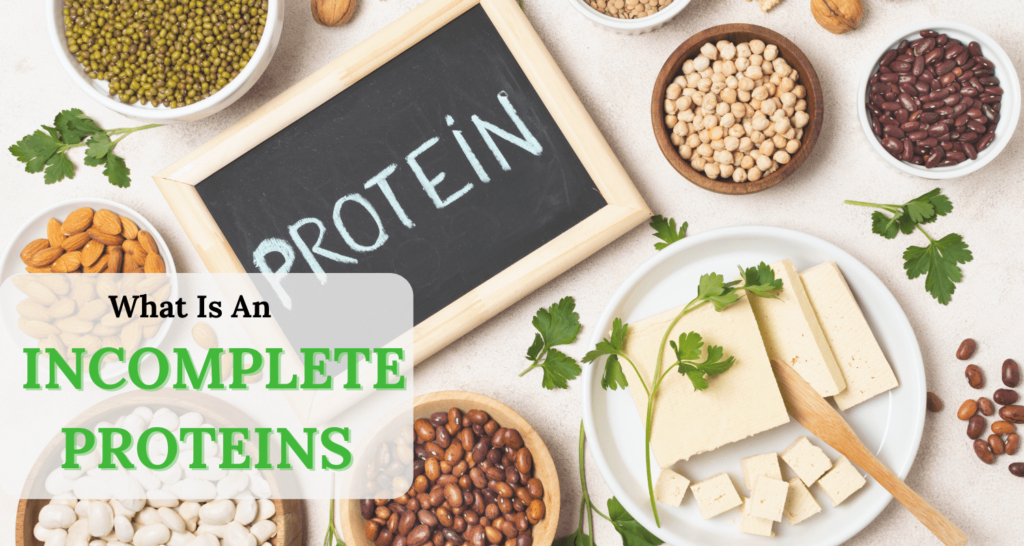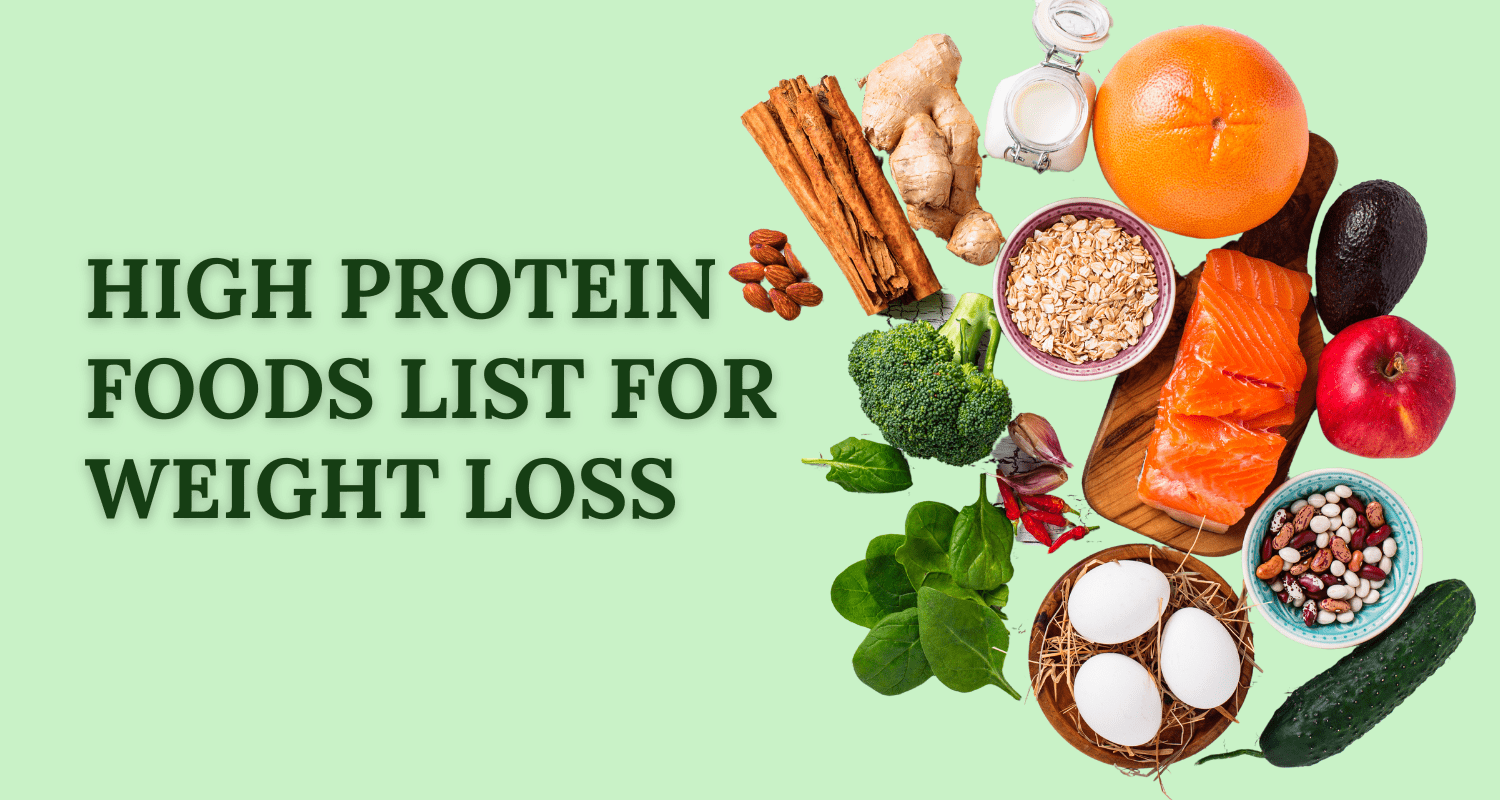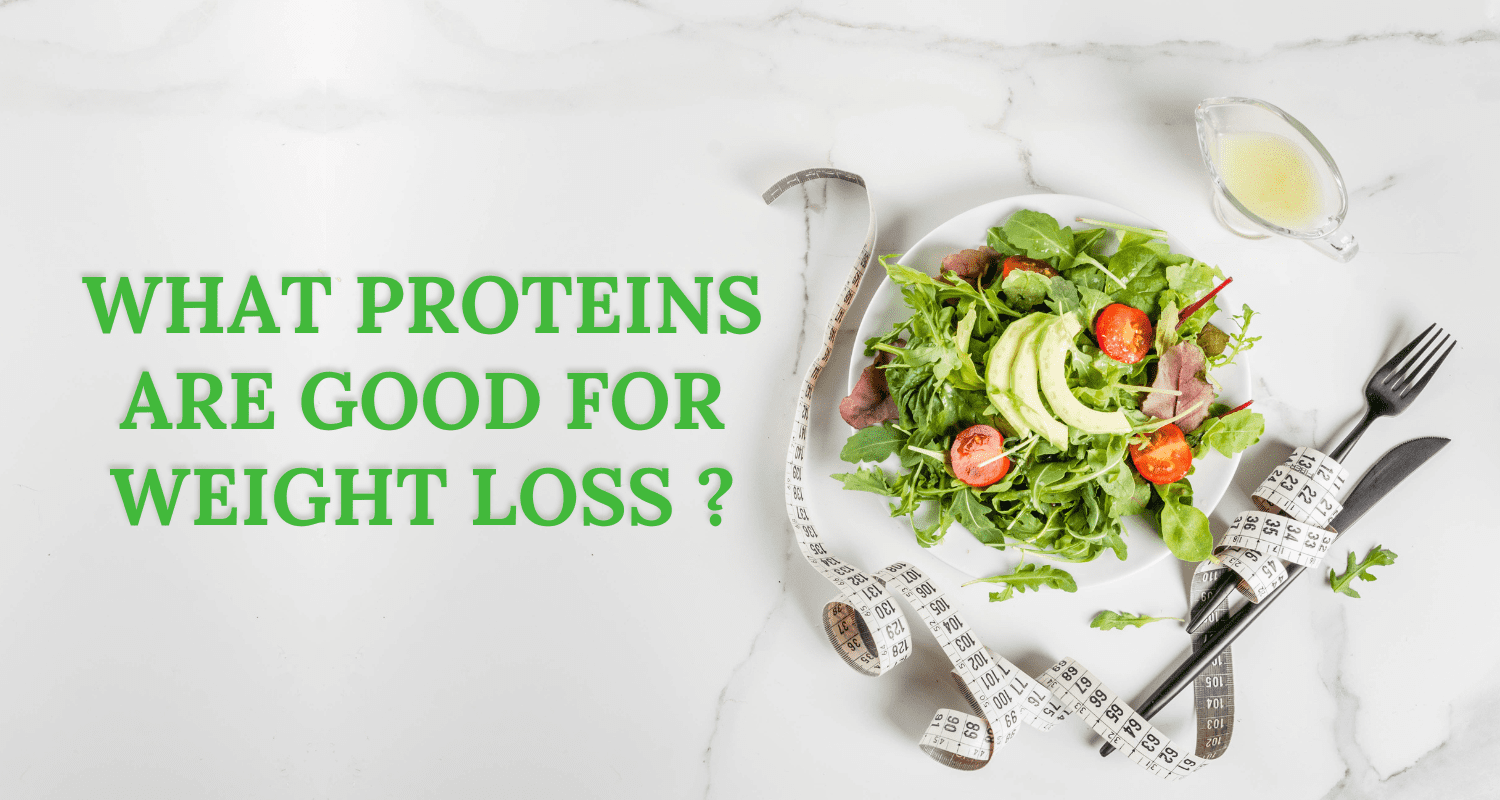Did you know that protein deficiency is a global health concern affecting billions of people worldwide?
Protein, one of the essential macronutrients, plays a vital role in our overall health and well-being.
However, not all proteins are created equal.
Some proteins lack certain amino acids needed for our body’s optimal functioning, and these are known as incomplete proteins.
In this article, we will explore what is an incomplete protein, understand its significance in our diets, and delve into the importance of essential amino acids.
Whether you follow a vegetarian diet or want to ensure you meet your protein requirements, understanding what is an incomplete protein is essential for optimizing your nutrition.
Let’s explore what is an incomplete protein.
Key Takeaways:
- What is an incomplete protein? An incomplete protein lacks one or more essential amino acids, which are crucial for our body’s growth and maintenance.
- Protein deficiency can lead to various health issues, including muscle loss, impaired immunity, and slow wound healing.
- Vegetarian and plant-based diets often rely on incomplete proteins, making it essential to practice protein complementation to achieve optimal nutrition.
- By combining different protein sources and considering amino acid profiles, you can ensure you receive all the essential amino acids your body needs.
- Incomplete proteins still play a role in protein synthesis, contributing to the overall pool of amino acids available for building and repairing tissues.
- Understanding incomplete proteins can help you make informed dietary choices and ensure a well-balanced and nutritious diet.
Understanding Incomplete Proteins
In this section, we will delve into the world of incomplete proteins and gain a better understanding of their significance in our diets.
One important aspect to explore is the sources of incomplete proteins, particularly plant-based proteins, and how they differ from animal-based proteins.
By examining the quality of these proteins, we can discover the key factors that determine their effectiveness in supporting our dietary needs.
For individuals following a vegetarian diet, comprehending the nuances of incomplete proteins is particularly relevant.
Unlike complete proteins found in animal sources, plant-based proteins lack certain essential amino acids.
Therefore, it becomes crucial to consider protein quality and explore appropriate dietary choices that compensate for these deficiencies.
The Significance of Protein Quality
Protein quality plays a vital role in our overall nutrition.
It is determined by factors such as the amino acid composition, digestibility, and bioavailability of the protein.
While animal-based complete proteins are known for their high quality, plant-based proteins often fall short in one or more of these aspects.
However, it is important to note that with careful planning, individuals following a vegetarian diet can still obtain the necessary protein quality by combining different plant-based protein sources.
This practice is known as protein complementation, where two or more incomplete proteins are combined to form a complete protein with all essential amino acids.
Key Considerations for a Vegetarian Diet
For those embracing a vegetarian lifestyle, it is essential to identify and incorporate a variety of plant-based protein sources to ensure a well-rounded intake of essential amino acids.
Some examples of plant-based proteins include legumes such as lentils and beans, nuts, seeds, and grains like quinoa.
Additionally, consuming a diverse range of fruits and vegetables can further enhance nutrient absorption and overall protein quality.
To optimize protein quality, it is also crucial to pay attention to the amino acid profile of different plant-based protein sources.
By selecting complementary protein combinations, individuals can ensure they cover all essential amino acids and achieve the desired protein quality necessary for maintaining a balanced and healthy vegetarian diet.
In the next section, we will dive deeper into the concept of protein complementation and explore various protein sources and their amino acid profiles.
This knowledge will empower you to make informed decisions regarding your protein intake, no matter your dietary preferences.
Complementing Incomplete Proteins
Incomplete proteins may lack one or more essential amino acids necessary for optimal nutrition.
However, it is possible to complement these proteins by combining different protein sources to ensure you receive all the required amino acids.
When it comes to protein complementation, it is crucial to consider the amino acid profile of each protein source.
Different protein sources have varying amino acid compositions, and by combining them strategically, you can create a complete amino acid profile.
Protein Sources for Complementation
Some protein sources contain certain essential amino acids that others may lack.
By combining these complementary sources, you can achieve a more balanced amino acid profile.
For instance:
- Legumes such as lentils, beans, and chickpeas are excellent sources of non-complete proteins. They are low in methionine, an essential amino acid. However, they are rich in lysine and tryptophan, which are often limited in other protein sources.
- Grains like quinoa, rice, and oats are relatively low in lysine but are abundant in methionine. By combining them with legumes, you can create a complementary effect, ensuring a more balanced amino acid profile.
- Nuts and seeds such as almonds, chia seeds, and hemp seeds are additional options for protein complementation. They possess higher amounts of certain essential amino acids while lacking others. By pairing them with legumes or grains, you can enhance the overall amino acid composition.
By integrating protein sources from different categories into your meals, you can create a synergistic effect that meets your body’s amino acid requirements.
Note: It’s important to vary your protein sources and combinations to ensure a wide spectrum of essential amino acids.
The Role of Incomplete Proteins in Protein Synthesis
Incomplete proteins play a crucial role in the process of protein synthesis within the body.
Protein synthesis is the process by which cells build new proteins, essential for various bodily functions, such as growth, tissue repair, and enzyme production.
While complete proteins provide all the essential amino acids needed for protein synthesis, incomplete proteins can still contribute to this process when consumed as part of a balanced diet.
When incomplete proteins are ingested, the body breaks them down into individual amino acids.
These amino acids are then utilized to create new proteins in the body.
Although incomplete proteins lack one or more essential amino acids, the amino acids obtained from other dietary sources can make up for these deficiencies during protein synthesis.
It is important to incorporate a variety of protein sources into your diet to ensure you receive all the necessary amino acids for optimal protein synthesis.
Combining different incomplete protein sources or pairing them with complete protein sources can help meet your body’s amino acid requirements.
For example, if you follow a vegetarian diet, combining legumes (which are incomplete proteins) with whole grains can create a complementary amino acid profile, enabling more efficient protein synthesis.
Benefits of Including Incomplete Proteins in a Balanced Diet
- Incomplete proteins are often derived from plant-based sources, making them a valuable option for vegetarians and vegans.
- Including a variety of incomplete protein sources promotes dietary diversity, which is essential for overall health and nutrient intake.
- Incomplete proteins can be lower in saturated fats and cholesterol compared to certain complete protein sources, contributing to heart health.
- By combining incomplete proteins with complementary foods, you can ensure a more balanced amino acid profile, supporting optimal protein synthesis.
By understanding the role of incomplete proteins in protein synthesis and incorporating them into a well-rounded diet, you can meet your body’s needs for essential amino acids and support various physiological processes.
Conclusion
In conclusion, understanding what is an incomplete proteins and their role in protein synthesis is essential for maintaining a balanced and nutritious diet.
What is an incomplete protein? Incomplete proteins lack one or more of the essential amino acids required for optimal health.
Consuming an insufficient amount of complete proteins or relying solely on incomplete protein sources can lead to protein deficiency and nutrient imbalances.
For individuals following a vegetarian or plant-based diet, it is crucial to be mindful of protein quality and ensure protein complementation.
By combining different plant-based protein sources, such as legumes, grains, nuts, and seeds, you can obtain a wide range of amino acids and achieve a complete amino acid profile.
This practice helps meet your body’s needs for essential amino acids and supports protein synthesis.
Protein quality is determined by the amino acid composition and digestibility of the protein source.
While animal-based proteins like meat, fish, and eggs are considered complete proteins, plant-based proteins may be incomplete.
However, with careful food choices and a varied diet, vegetarians can obtain all the essential amino acids they need for optimal health.
Incorporating a diverse range of protein sources, such as tofu, tempeh, quinoa, chia seeds, and lentils, is crucial for achieving protein adequacy and maintaining good overall health.
By understanding the role of incomplete proteins and making informed choices about protein sources, individuals can optimize their protein intake and support their body’s protein synthesis processes.
FAQs
What is an incomplete protein?
Incomplete proteins are proteins that lack one or more of the essential amino acids required by the body. These amino acids are necessary for various physiological functions and must be obtained from dietary sources.
Is milk an incomplete protein?
No, milk is a complete protein as it contains all essential amino acids in sufficient quantities.
What is a complementary protein?
Complementary proteins are two or more incomplete protein sources that, when combined, provide all essential amino acids needed by the body.
Is corn an incomplete protein?
Yes, corn is an incomplete protein as it lacks certain essential amino acids.
Is chocolate a complete protein?
No, chocolate is not a complete protein as it lacks some essential amino acids.
What are 5 incomplete proteins?
Examples of incomplete proteins include beans, peas, nuts, seeds, and grains.
What are 3 incomplete proteins?
Examples of three incomplete proteins are legumes (beans and lentils), nuts, and seeds.
Disclaimer: This content, including advice, provides generic information only. It is not a substitute for a qualified medical opinion. Always consult a specialist or your doctor for more information. Nutrition Cult does not claim responsibility for this information.




